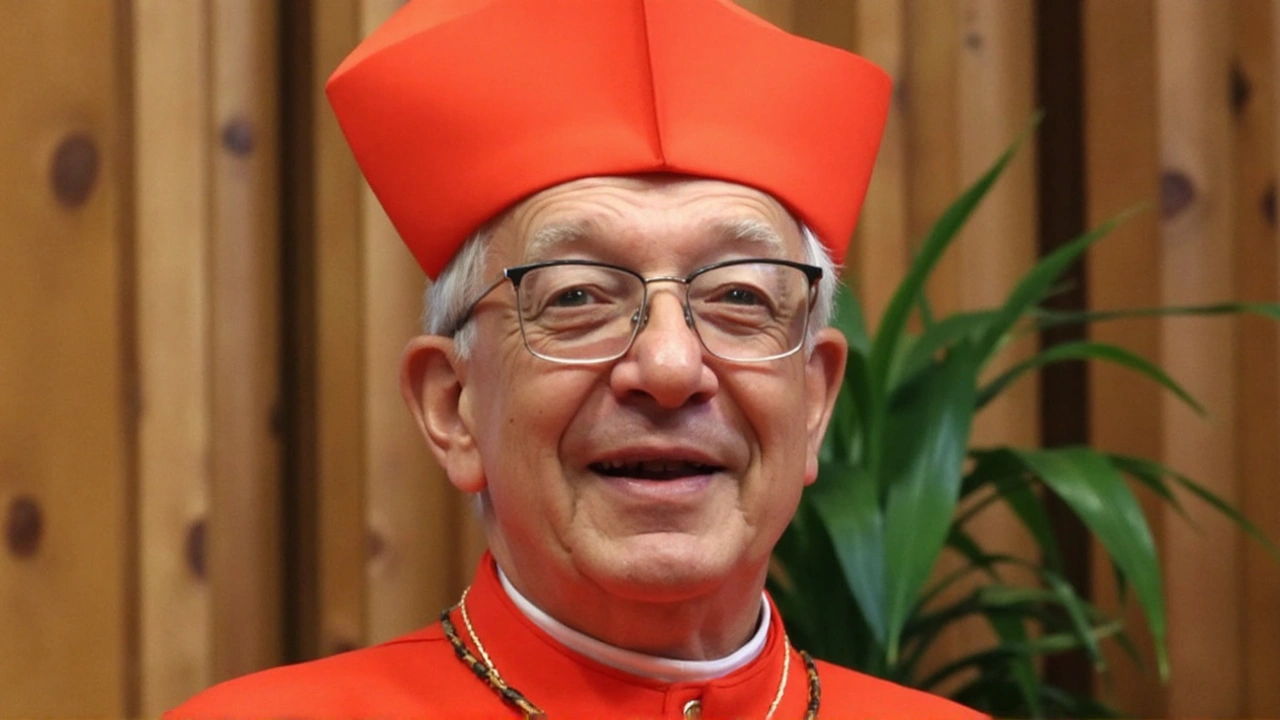Understanding Cardinal Electors and Their Role in the Catholic Church
If you've ever wondered who chooses the pope, the answer lies with a small group called cardinal electors. These cardinals are special members of the Catholic Church who come together during a papal conclave to elect a new pope when the position becomes vacant. Unlike all cardinals, only those under the age of 80 have the right to vote, making the term "cardinal electors" quite specific.
Who Are These Cardinal Electors?
Cardinals are senior officials in the Catholic Church appointed by the pope himself. Among them, those who are younger than 80 years old at the time of the pope's death or resignation get the exclusive right to participate in the election process. This age limit ensures the electors are active and able to handle the intense responsibilities of choosing the new pope. At any given time, this group typically ranges from 120 members, but the exact number can vary slightly.
These cardinals come from all around the world, bringing different perspectives and experiences to the conclave. This diversity is meant to reflect the global nature of the Catholic Church and help pick a pope who can lead the faithful worldwide.
Why Do Cardinal Electors Matter?
Choosing the pope isn’t just a religious ceremony—it’s one of the most important decisions in the Catholic Church. The pope guides the Church’s doctrines, policies, and worldwide influence. The cardinal electors lock themselves away in the Sistine Chapel during the conclave until they select someone by a two-thirds majority vote. This secretive process has been in place for centuries and carries profound weight for Catholics globally.
Cardinal electors don’t just vote randomly; they spend time discussing who would make the best leader. Factors like theological stance, leadership skills, and global appeal come into play. The pope they choose can affect everything from Church teachings to its role in international matters.
In summary, cardinal electors are the Church’s trusted decision-makers in times of change. Their role is unique and vital, making them a fascinating subject for anyone interested in how the Vatican works behind the scenes.
